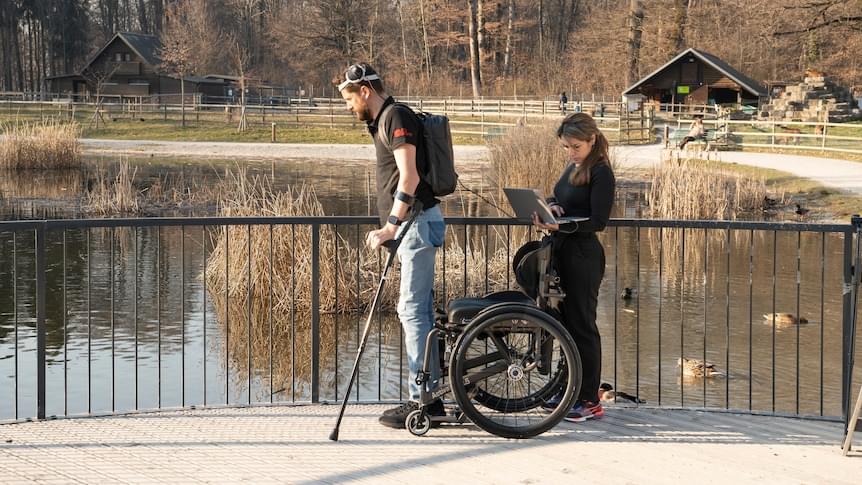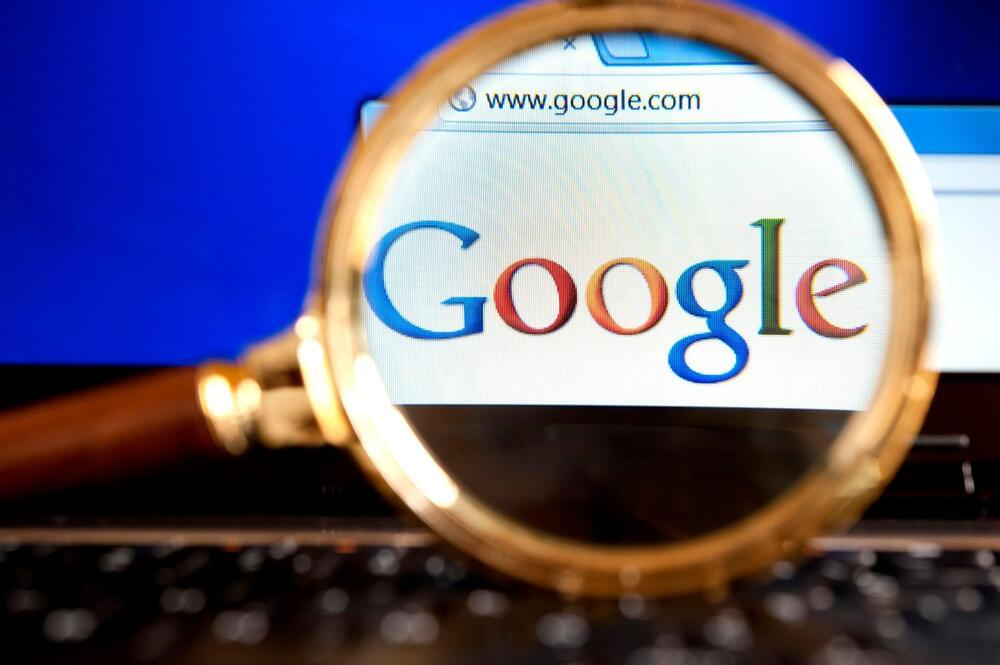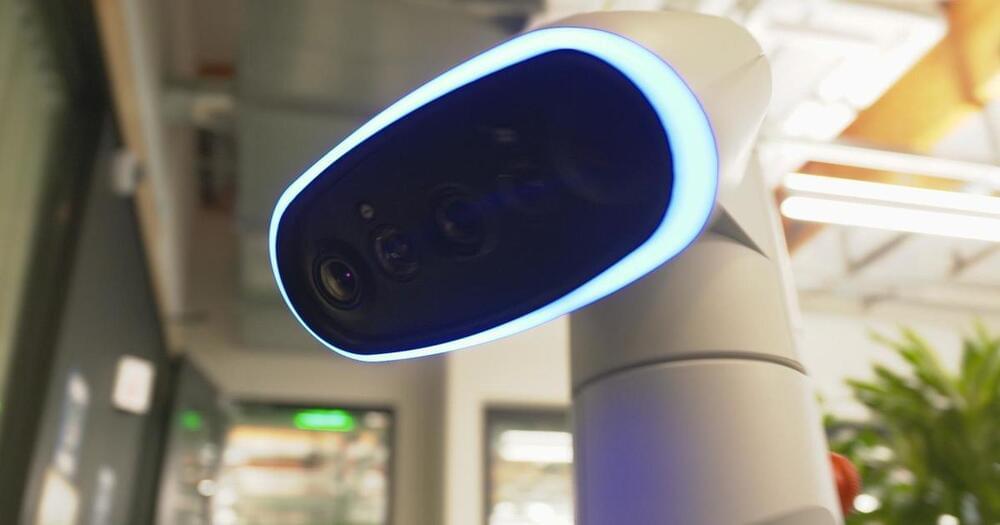United Airlines and California-based startup Archer Aviation have announced plans to use flying cars to ferry passengers between Chicago’s O’Hare International Airport and a “vertiport” just minutes from downtown.
“I’m pleased that Chicago residents will be among the first in the nation to experience this innovative, convenient form of travel,” said Chicago Mayor Lori E. Lightfoot.
The megacity challenge: With 9.6 million residents, Chicago is the third largest metro area in the US, and experts predict the population is going to exceed 10.6 million people by 2050.








